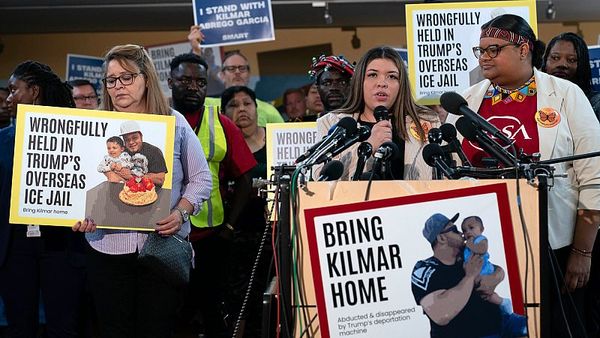First-time buyers are rushing to take advantage of the Help to Buy scheme, with just months to go before the scheme closes for good.
The Help to Buy equity loan lets first-time buyers purchase a house using a Government loan to help with the deposit.
But the scheme is now coming to an end.
It closes to new applications in October 2022, and ends entirely on March 2023.
More than 350,000 people have bought a house using Help to Buy loans since these began in 2013.
Government figures show that 8,913 people bought a house using the scheme in the last three months of 2021 - the most recent stats.
That is down 57% on the same period of 2020, but since April 2021 only first-time buyers have been allowed to use it .
Property developer Telford Homes said it had seen a record surge in interest in Help to Buy, reaching a peak on July 25.
A Telford Homes spokesperson said: "This is likely due to the impending end of the scheme and people looking to grab a home just before the end, even it means searching from work."
Homes England, part of the Department for Levelling Up, Housing and Communities, said: "Help to Buy: Equity Loan closes on 31 March 2023 and closes to new applications on 31 October 2022.
"To be eligible for an equity loan, you must legally complete by 31 March 2023 and you’re expected to have the keys to your home by 6pm."
How does the Help to Buy scheme work?
The Help to Buy equity loan scheme lets savers buy a home with a deposit of at least 5%.
The Government then loans you up to 20% of the property price, or 40% in London, and you get a mortgage on the rest of the property value.
The idea is that housebuyers then need a much smaller mortgage, helping them get on the ladder.
However, you'll have to start paying interest on the Government loan after five years, at a rate of 1.75%, so keep in mind this added cost to your repayments.
After the sixth year these 1.75% repayments go up every year by inflation plus 2%.
Another thing to remember with the Help to Buy scheme is that these repayments are interest-only.
That means you are not actually paying the Government back, you are only paying off interest on that debt.
You will still need to repay the Government loan in full.
You can do this at any time, though most housebuyers will do it when they eventually sell the house or pay off the mortgage.
Importantly, what you need to repay the Government is based on your house price at the point you repay - not on how much you borrowed.
So if your house price has gone up, you repay more.
On the other hand, if your house price falls then you pay back less.
You can't buy any property using the scheme.
Only houses and flats built by developers registered with Help to Buy are eligible.
The Help to Buy scheme has been controversial.
Critics of the scheme say it has pushed up house prices, as developers charge more knowing that buyers are getting Government cash.
But Telford Homes said that Help to Buy has helped create much-needed new homes.
How much house you can get under the Help to Buy Scheme
This varies depending on where you want to buy.
- North East: £186,100
- North West: £224,400
- Yorkshire and the Humber: £228,100
- East Midlands: £261,900
- West Midlands: £255,600
- East of England: £407,400
- London: £600,000
- South East: £437,600
- South West: £349,000







